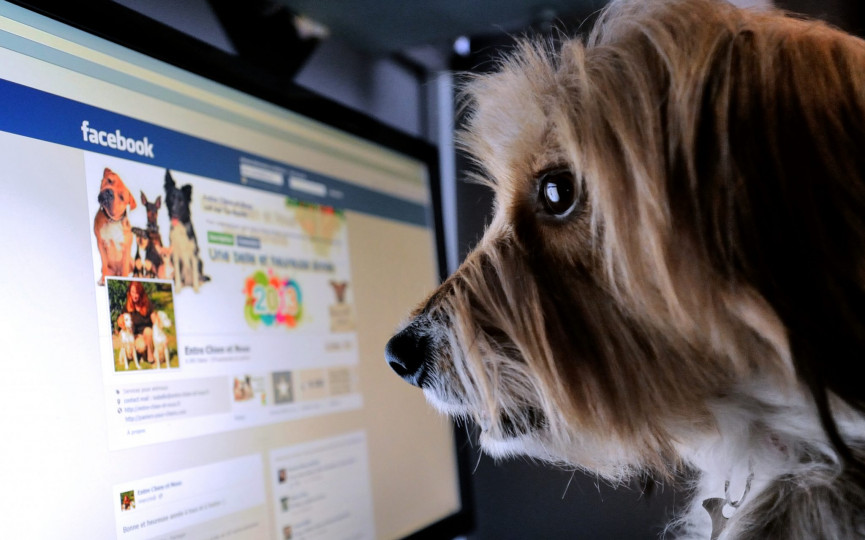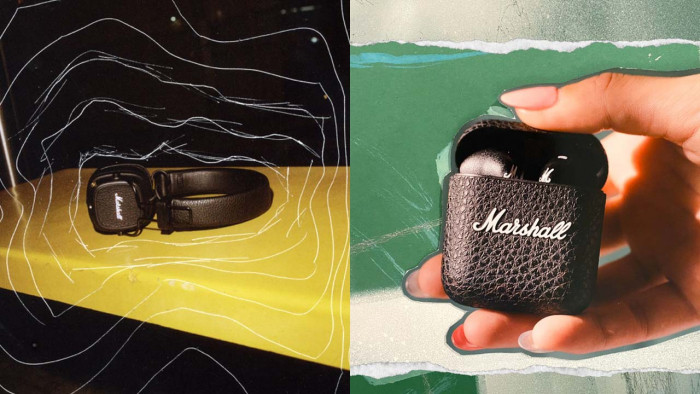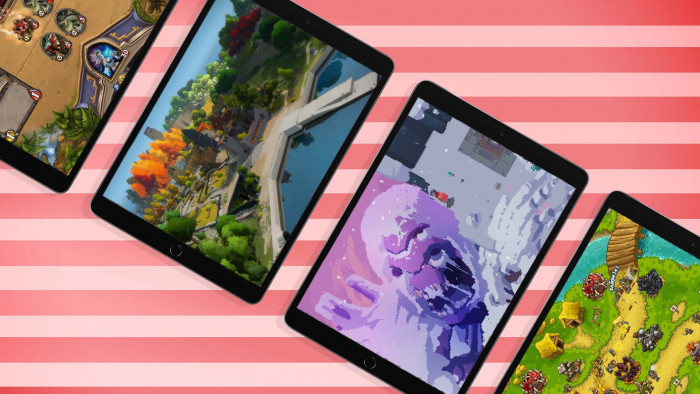The internet is just a continuation of human history. It isn’t anything new, but it does intensify certain elements of human character. Unfortunately it hasn’t amplified the best of us.
Social media operates through behaviourism – the attempt to work out human responses using numbers. It’s a horrifying idea. It’s sneaky. The person who it’s being done to doesn’t realise its effects.
If you’re on the wrong side of the desk in an interrogation room, you’ll most likely be subject to an algorithmic barrage. These same ideas have been applied on a near universal scale by companies like Facebook and Google. It’s extraordinary that for the first time in human history, everyone is being subjected to this.
The algorithms running these behaviour schemes operate very quickly – they pick up on the faster-rising emotions rather than the slower ones. This means there’s a natural bias to the negative, which has disastrous consequences. For instance, the Arab Spring doesn’t get as much mileage on Facebook as ISIS.

You, on social media
Social media companies’ true customers are advertisers, who want up-to-the-minute data in order to fine-tune their models. Whenever two people are connected online, it’s financed by a third party who wishes to manipulate the first two. Which has to be one of the stupidest ideas in the whole of human history. Yet that’s what we’re doing.
“Connecting people is financed by a third party. Which has to be one of the stupidest ideas in human history.”
However, there are alternatives like a paid model. This worked for television and films, where people started paying for HBO, Netflix and similar services. The result is what we started calling “Peak TV” and things actually got better.
Or there’s another direction which is to say “no, these things should be public services, free and unbiased.” The key thing is that the alternative shouldn’t have this manipulating system constantly running in the background.
To some degree the whole social media empire runs on unfounded fear. Take me. I have a public life, writing and selling books. I’ve never had any social media accounts and I still exist. What people are afraid of is that if they don’t participate in the game then they’ll disappear. But maybe that isn’t true. Maybe it’s the fear of it that gives the systems their power. There’s a possibility that we can all wake up from this, but first we have to admit that we’re addicted.
What I hope to achieve with my new book is modest but – I hope – important. If just a few people could adapt to a social media-free life then at least there’ll be a few more people in society who understand what it’s like not to be in the behaviour modification regime. That small amount of perspective is crucial to any next steps.
Jaron Lanier’s book Ten Arguments for Deleting Your Social Media Accounts Right Now is out now, published by Bodley Head
(Images: Getty)










